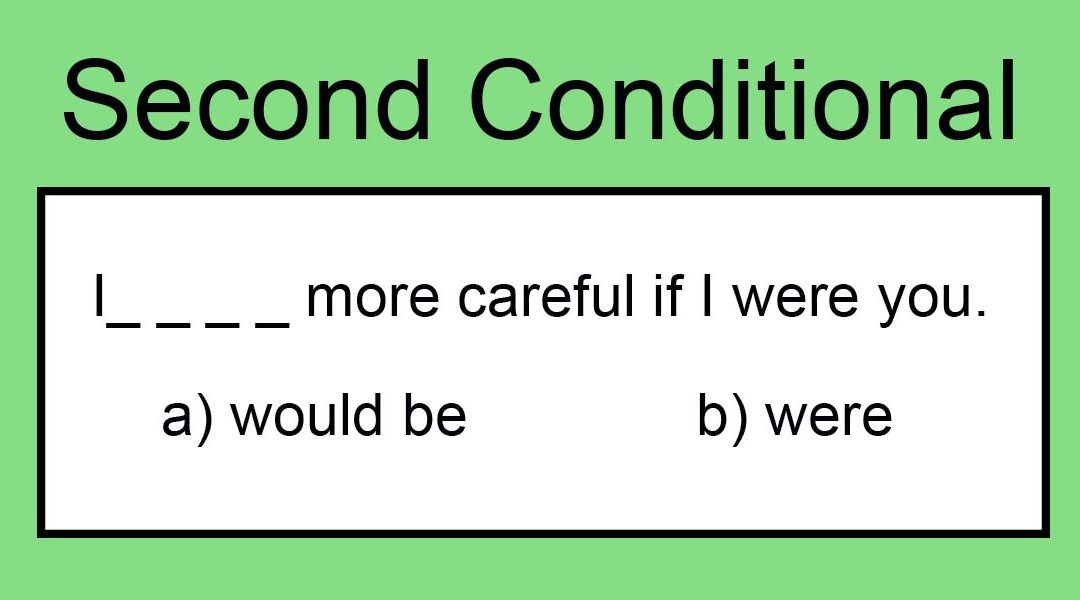What is the Second Conditional?
The second conditional is a key part of English grammar used to talk about imaginary or unlikely situations and their possible results. If you’re learning English, mastering the second conditional can help you express thoughts about what could happen in different hypothetical scenarios.
Example:
• If I won the lottery, I would buy a big house.In this example, the speaker is imagining a situation (winning the lottery) that is not real. They then talk about what they would do if that situation happened (buying a big house).
How to Form the Second Conditional
The structure of a second conditional sentence is simple:
• If + past simple, … would + base verbLet’s break it down:
1. “If” clause: This part of the sentence uses the past simple tense. It sets up the imaginary or unlikely situation.
2. “Would” clause: This part shows what you would do in that situation. It uses “would” followed by the base form of the verb.Example:
• If I were you, I would study harder.Notice that in more formal English, we often use “were” instead of “was” with subjects like “I,” “he,” “she,” or “it.”
When to Use the Second Conditional
You use the second conditional when you want to talk about:
• Unlikely events: Things that probably won’t happen.
• If I met a famous actor, I would ask for an autograph.
• Imaginary situations: Things that are purely hypothetical.
• If I had superpowers, I would fly around the world.Common Mistakes to Avoid
When learning the second conditional, English learners often make a few common mistakes:
1. Using “will” instead of “would”:
• Incorrect: If I won the lottery, I will buy a big house.
• Correct: If I won the lottery, I would buy a big house.
2. Mixing tenses in the “if” clause:
• Incorrect: If I win the lottery, I would buy a big house.
• Correct: If I won the lottery, I would buy a big house.Practice with Examples
To help solidify your understanding, here are some more examples of second conditional sentences:
• If she knew the answer, she would tell us.
• If I had more free time, I would travel more.
• If they offered me the job, I would accept it.Try creating your own sentences using the second conditional structure. Practice makes perfect!
Conclusion: Why the Second Conditional Matters
Understanding and using the second conditional correctly is important for expressing ideas about hypothetical situations in English. Whether you’re preparing for an English exam or improving your conversational skills, mastering the second conditional can help you communicate more effectively.

